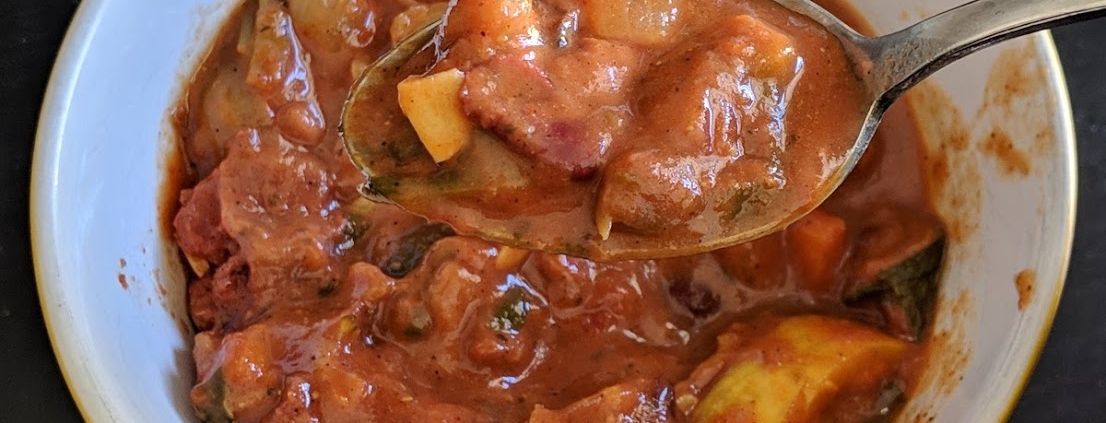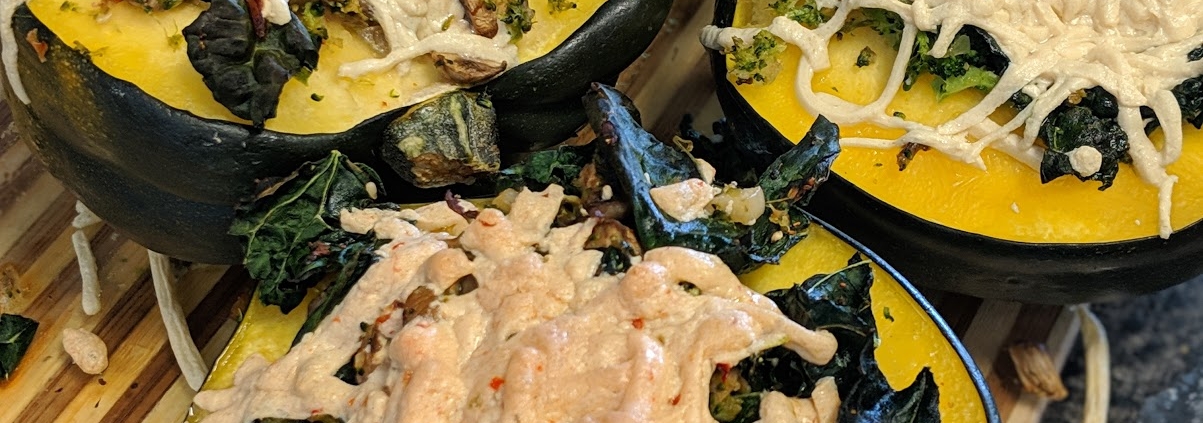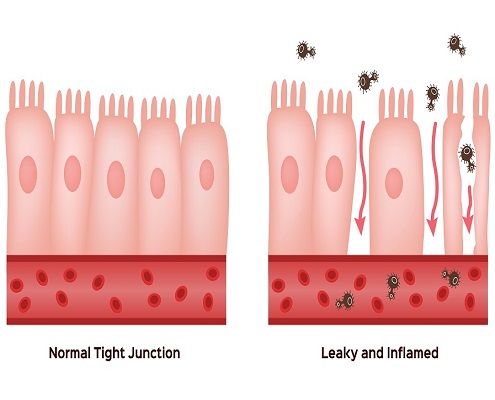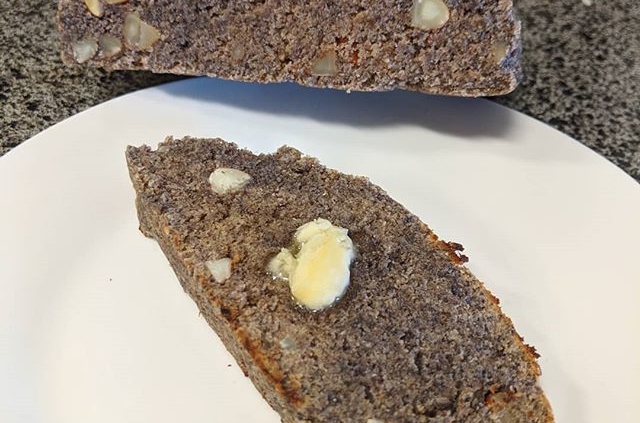What are probiotics and prebiotics?
Probiotics and prebiotics are the only dietary food that has a unique effect on the microbiome.
Probiotics are live microorganisms (bacteria) that offer a health benefit to your gut microbiome. Three of the most commonly used and known groups of bacteria are Lactobacillus, Enterococcus, and Bifidobacterium. These bacteria are commonly found in food that are labeled as containing probiotics. Probiotics can also be added to dietary supplements in the form of food, beverages, and pills.
Prebiotics are a special form of dietary fiber that feeds the good bacteria in your gut. Prebiotics are found in high-fiber foods that aren’t broken down by the human digestive enzymes and make it to the large intestine where they’re fermented by gut bacteria.
How do probiotics and prebiotics interact with the gut?
The gut has millions of microorganisms that are in constant competition with each other for resources such as nutrients and space. We want an abundant amount of good bacteria out-competing the disease-causing bad bacteria. If the bad bacteria out-competes the good bacteria it can contribute to many health issues such as cancer, lowered immune system, acne, bloating, constipation/digestive issues and more.
When probiotics are taken, they produce microbial transformation in the intestinal microbiota and exert several health-promoting properties. These health benefits include maintenance of the gut barrier function and modulation of the host immune system.
Prebiotics have been shown to increase levels of beneficial bacteria in the gut. Prebiotics can help reduce the risk of certain types of cancer, enhance calcium absorption and relieve constipation and diarrhea. When gut microbes metabolize prebiotics, some produce short-chain fatty acids. These short-chain fatty acids enter the bloodstream and travel to other organs, they act as signals to communicate with the brain as well as regulate the immune system and inflammation in the body (endometriosis).
How does this relate to endometriosis?
Due to the role Probiotics and prebiotics play in immune system support and the anti-inflammatory response, they are used to treat chronic disease. In a study reviewing the effects of probiotics and synbiotics (probiotics and prebiotics combined) on intestinal chronic diseases they found that probiotics reduced the expression of pro-inflammatory cytokines. Endometriosis is a pro-inflammatory disease, this means probiotics and prebiotics can be very beneficial to women with endometriosis.
Probiotics and prebiotics can help heal the gut and keep in healthy, the gut has a big role in the immune system and reducing the inflammation in the body. Endometriosis causes a lot of inflammation and can cause strain on the immune system, with the help of a healthy gut the symptoms of your endometriosis can be reduced.
How to consume probiotics and prebiotics?
Probiotics and prebiotics can be taken through dietary supplements, but it is best as always to try to get what you need from your diet before resorting to supplements. If you do need to supplement probiotics you want to make sure you are getting as many different strains of bacteria as possible. There is no specific dose that is recommended but when taking probiotics for the first time you should start low and increase gradually to prevent any upset stomach. Probiotics should provide at least 1 billion CFUs (colony forming units) and that’s a good place to start. You can gradually increase your dosage up to 10 billion CFUs per day.
When starting out with prebiotics it is best to do what is recommended on the label. If mild bloating or gas occurs, then the starting dose should be ½ of that on the label. This should be gradually increased to the full dose depending on tolerance. Twice a day dose can be used to obtain the maximal effect.
please consult your doctor before starting a new supplement. Ask about what dosage and gradual increase is right for you for both probiotics and prebiotics.
What we eat and drink can directly affect our gut microbes
Probiotics: many fermented foods contain probiotics
- Kimchi
- Sauerkraut
- Yogurt
- Kombucha
- pickles
- pickled fermented food
- okra
- asparagus
- ginger
- herring
- garlic
- cauliflower
- (pretty much any veggie can be fermented)
it is important to note that not all pickled foods are fermented and not all fermented foods are pickled. There is a recipe below for fermenting your own vegetables.
Most Americans don’t eat enough prebiotic fiber (or fiber in general). Plant-based or high-fiber diets promote the presence of bacteria with a higher capacity to ferment prebiotic fiber, resulting in increased short-chain fatty acid production, which can benefit our overall health as mentioned above.
Prebiotics: prebiotics are fiber but not all fiber are prebiotics
- Apples
- Asparagus
- Bananas
- Bok choy
- Broccoli stems
- Chicory roots
- Cold potatoes
- Cauliflower stems
- Fennel
- Garlic
- Jerusalem artichoke
- Leeks
- Onions
- pulses
Probiotics after antibiotics
I want to mention the importance of taking probiotics if you are taking or have taken antibiotics.
Antibiotics wipe out all the bacteria in your gut (good and bad) so it is important to repopulate your gut with good bacteria so that the bad bacteria don’t take over the gut.
If you have taken antibiotics in the past there is a good chance that you have an imbalance of bad bacteria to good bacteria in the gut. Taking probiotic supplements while also adding probiotic rich foods into your diet can help rebalance your gut bacteria. My program Endometriosis gut cleanse goes into more detail of what dosages and steps need to be taken to return your gut to a healthy state, click here to set up a consultation and hear more about the program.
If you are currently taking an antibiotic or will be in the future it is important to take the probiotics while you are taking the antibiotics. This must be done right, otherwise the antibiotics will kill off all the probiotics you put into your body. Probiotics need to be taken at least 2 hrs after taking antibiotics. If you don’t leave at least 2 hours between taking antibiotics and taking probiotics, then most likely all the probiotics will be killed off by the antibiotics.
taking probiotics before starting antibiotics reduced the risk of developing antibiotic-associated diarrhea by about 60 percent.
Recipe for fermenting your own vegetables:
Ingredients:
- 3-4 cups of vegetables (okra, carrots, cucumbers, etc.) choose any veggies you would like
- 3 garlic cloves, peeled and sliced
- ½ teaspoon of red pepper flakes
- Other optional seasonings: dill, oregano, thyme, etc.
- 1 jalapeno (optional) if you want spicy
- 2 tbsp sea salt
- 1 qt. filtered water
Instructions:
- Put garlic in bottom of quart jar. Layer the cut vegetables, pressing down to fill as many as you can up to the shoulder of the jar (1-2 inch headspace).
- Add any seasonings to the contents in the jar
- Dissolve the salt in the water then pour over the vegetables in the jar until the tip vegetables are barely covered (). Use a thin plastic spatula around the sides of the jar to release any air bubbles.
- Use a weight (or fold a small cabbage leaf and press it down on top) to keep the vegetables under the brine (liquid in the jar) and attach a tight lid. Skip this step if you don’t have a weight or cabbage.
- Ferment at room temperature (60-70 degrees is ideal) for 4-10 days (out of direct sunlight), taste them starting at day 4 to see if they are your desired flavor and texture, I like them best at day 5 or 6. Burp daily (by opening jar) to release excess pressure.
- Once they are finished, move to the refrigerator- the flavor will continue to develop. It can be stored for several months in the fridge.
I am not a physician and a doctor should be consulted before making any dietary changes or adding supplements to your diet.
sources:
https://foodinsight.org/nutrition-101-prebiotics-probiotics-and-the-gut-microbiome/












